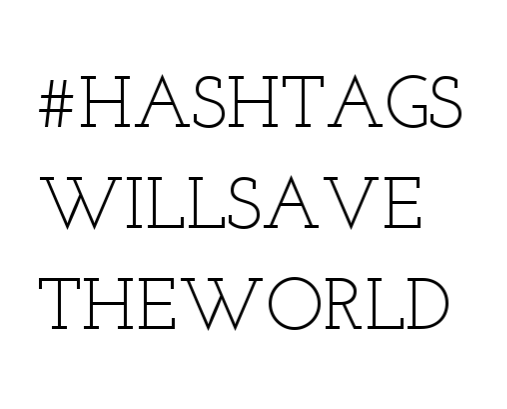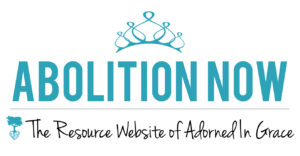
Awareness is somewhat of a buzzword today. Social media, the internet, and our current “age of information” has made sharing data, starting campaigns, or spreading a message easier than ever before. But do all those tweets and hashtags really make a difference?
Is Information Enough?
Awareness is somewhat of a buzzword today. Social media, the internet, and our current “age of information” has made sharing data, starting campaigns, or spreading a message easier than ever before. But do all those tweets and hashtags really make a difference?
Knowledge does not always lead to action. I can know processed sugar is not good for my body, yet still order the chocolate-fudge cake. I can know lots of terrible things happen in the world, but that doesn’t mean I’m going to do anything about it.
For awareness to truly be effective, it must involve more than simply the sharing of information. It must engage us not only on the mental level, but on the emotional–and perhaps even spiritual–level as well. True awareness is not just knowledge, but an empowerment to use that knowledge for good.
Within the anti-trafficking movement, there is a strong emphasis on awareness for many reasons. Each of us has the opportunity to raise awareness well, uniting together a community of people who will not allow this evil to exist in our cities and refusing to look the other way. In honor of National Human Trafficking Prevention Month, we’ve put together a list of four ways awareness can be used effectively.
1. Prevention.
Not only do we want to open people’s eyes to what is happening in our communities, but we want to stop it from happening again. Awareness is key in educating young people so they will not become victims. A good example of effective, preventative awareness is Shared Hope International’s video-based curriculum, Chosen.
“Awareness opened the eyes of a mother the other day who didn’t realize her own daughter was being groomed for trafficking,” said Lindsay Holmes, Manager of Awareness with Shared Hope. “She saw a presentation, learned the signs, and called me. I gave her a bunch of tools to help her situation and keep her daughter out of a situation that could ruin her life.”
2. Going to the Roots.
In order for human trafficking to end in our communities, we need to accept our responsibility to be part of the solution. Sure, we can use the hashtags and say we believe in a world with no more violence–but how are we treating others when things don’t go our way? Are we taking the time to really see the young people in our lives, and make sure they aren’t falling through the cracks?
“Within anti-trafficking efforts, awareness is especially fruitful because, unlike other social justice impacts, the fight against human trafficking is directly impacted by your personal choices,” commented Clare McLeod, a member of Youth Ending Slavery. “Whether you choose to watch out for your family, friends, and even strangers in their relationships to ensure they are not taken advantage of, or whether you buy products from businesses that use forced labor, you can directly abet or hinder the fight.”
3. Sharing Heart.
Are you involved in anti-trafficking efforts? If so, why? There’s a good chance you heard stories that motivated you to action–heartbreakingly true stories of injustice, abuse, and pain. McLeod reminds us, “Numbers and statistics can be learned and memorized, but when you put a story, a face, or even just a name to an issue, that issue has power.” Telling these true stories in a non-exploitive way can ignite a similar motivation in the hearts of others.
4. Providing Opportunities for Action.
You’ve heard the saying, “knowledge is power.” But this is true only when we can answer the question, “Now that I know this, what am I going to do about it?”
Many volunteers I meet tell me they were shocked to find out the facts about trafficking. They had no idea such a dark evil resided in the midst of their own cities and neighborhoods. The real dilemma for them, however? Figuring out what they could do to make a difference. Make sure you are well educated not only about the problem, but on the many ways each of us can take steps towards the solution.
If you’d like to participate in an awareness event like this, join us this Sunday, January 11th, for our annual Human Trafficking Awareness Vigil! Check out our Events page for more information.

